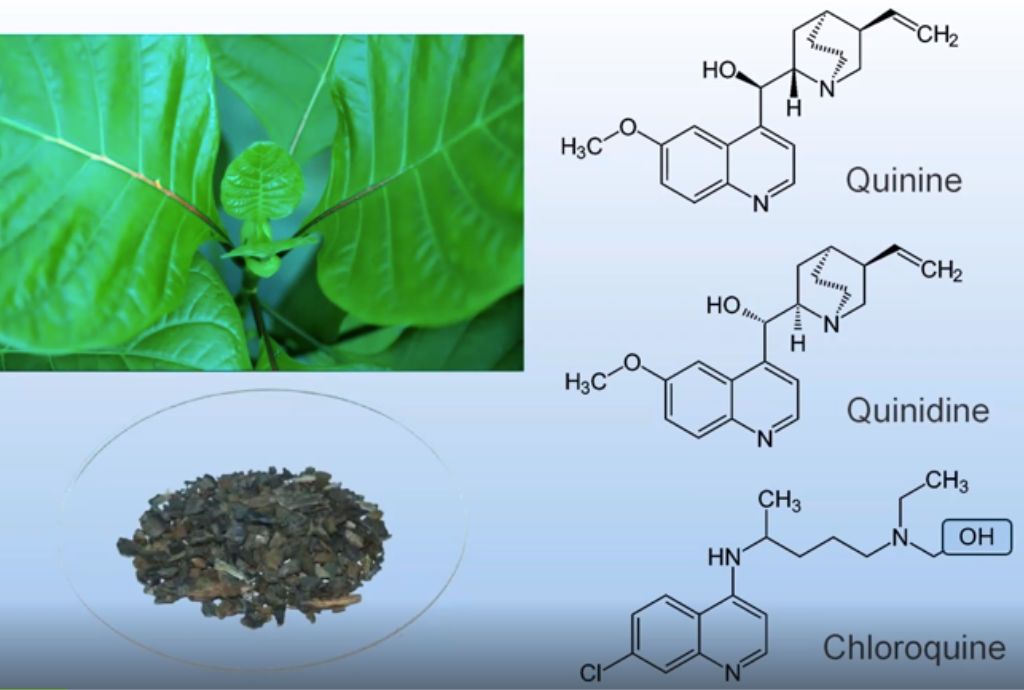As an observer of events unfolding in the Netherlands, it is disheartening to witness the spread of disinformation in newspapers regarding the use of Hydroxychloroquine (HCQ) during the early stages of COVID-19 in 2020.
In recent articles published by Dutch newspapers, a concerning pattern emerges. These headlines attribute the deaths of hundreds of Dutch citizens to the side effects of HCQ, implying that the medication itself was the cause of these fatalities.
"Side effects coronapill hydroxychloroquine took hundreds of Dutch people's lives." - De Volkskrant
However, it is essential to critically examine the intentions behind such misleading statements and to foster responsible journalism that presents a more accurate representation of the available evidence.
"Case concluded. Malaria pill is harmful with Covid." - NRC
Upon further examination of the available data and insights provided by Emeritus Professor Pierre Capel, it becomes evident that there are significant concerns regarding the accuracy and interpretation of these claims. Professor Capel, who reviewed the 44 studies that were used to support the arguments against HCQ, found that only three of them were actually relevant to hydroxychloroquine.
0.2 grams twice daily for 4 days deemed safe for decades
It is worth noting that these studies were conducted on patients in the intensive care unit (ICU), representing individuals at an advanced stage of the disease. The dosages used in the RECOVERY, SOLIDARITY, and REMAPCAP studies were significantly higher than the recommended dosages for early-stage treatment of COVID-19.
The high doses employed in these studies, such as 2.4 grams or 1.6 grams on the first day and 4.4 to nearly 8 grams in the subsequent five to seven days, cannot be directly compared to the recommended dosages of 0.2 grams twice per day for four days, which have been deemed safe and consistent with HCQ dosages used for decades in other conditions like malaria.
Moreover, the three studies that did investigate the effect of hydroxychloroquine on mortality among hospitalized patients yielded intriguing results. In one study, the use of hydroxychloroquine was associated with lower mortality rates. In another study, the use of hydroxychloroquine in hospitalized COVID-19 patients was also linked to reduced mortality.
No Reported Fatalities Attributed to HCQ
In response to the alarming media coverage of HCQ in the Netherlands, the Lareb (Dutch adverse event reporting system) felt compelled to emphasize that HCQ is a safe medication with rare adverse effects reported in cases of malaria and rheumatism treatment. In fact, in 2020, only two cases of adverse effects related to HCQ use for COVID-19 treatment were reported, and no deaths were attributed to it.
Dutch Physicians' Collective
In light of these considerations, the Dutch Physicians' Collective urges a more nuanced approach to reporting on the use of HCQ for the treatment of COVID-19. It advocates for the proper administration of HCQ in low doses during the early stages of the disease, rather than the use of high doses in later stages.
Responsible Journalism

The one-sided and imbalanced reporting by traditional media outlets such as Volkskrant, NRC, Telegraaf, and NOS, all portraying HCQ as the cause of hundreds or even thousands of deaths in COVID-19 treatment, based on a selective interpretation of scientific studies, is cause for concern. The dissemination of such information should prompt self-reflection within the media industry, calling for more responsible and nuanced reporting.
In the interest of responsible journalism, it is crucial to present a more accurate and nuanced interpretation of the available scientific evidence. Highlighting the limitations and discrepancies in the studies conducted on ICU patients, and emphasizing the positive outcomes observed when HCQ is used appropriately in early-stage treatment, can provide a more comprehensive understanding of its potential benefits.

Sources
- Volkskrant "Side effects corona pill hydroxychloroquine cost hundreds of Dutch people their lives."
- NRC "Case concluded. Malaria pill is harmful with Covid."
- RTL Nieuws "Thousands died due to corona drug hydroxychloroquine."
- Prof. Pierre Capel Shocking Analysis. "Where is the truth?"
- Artsen Collectief 'Surgeon Collective' calls for nuance in reporting on HCQ.
- Lareb "Serious side effects hydroxychloroquine rare"
- Pradelle A, Mainbourg S, Provencher S, Massy E, Grenet G, Lega JC. Deaths induced by compassionate use of hydroxychloroquine during the first COVID-19 wave: an estimate. Biomed Pharmacother. 2024 Jan 2;171:116055. doi: 10.1016/j.biopha.2023.116055. Epub ahead of print. PMID: 38171239.
- Efficacy and safety of in-hospital treatment of Covid-19 infection with low-dose hydroxychloroquine and azithromycin in hospitalized patients: A retrospective controlled cohort study. New Microbes and New Infections 55: 101172. https://doi.org/10.1016/j.nmni.2023.10117.
- Brouqui P, Million M, Parola P, Mccullough PA, Raoult D. Outcomes after early treatment with hydroxychloroquine and azithromycin: An analysis of a database of 30,423 COVID-19 patients. New Microbes - New Infect. 2023 Oct 30;55:101188. doi: 10.1016/j.nmni.2023.101188. PMID: 38024333; PMCID: PMC10651676.
- Hydroxychloroquine is effective, and consistently so when provided early, for COVID-19: a systematic review. New Microbes New Infect. 2020 Nov;38:100776. doi: 10.1016/j.nmni.2020.100776. Epub 2020 Oct 5. PMID: 33042552; PMCID: PMC7534595.
- Early hydroxychloroquine but not chloroquine use reduces ICU admission in COVID-19 patients. Int J Infect Dis. 2020 Dec;101:283-289. doi: 10.1016/j.ijid.2020.09.1460. Epub 2020 Sep 29. PMID: 33007454; PMCID: PMC7524430.
- Derwand R, Scholz M, Zelenko V. COVID-19 outpatients: early risk-stratified treatment with zinc plus low-dose hydroxychloroquine and azithromycin: a retrospective case series study. Int J Antimicrob Agents. 2020 Dec;56(6):106214. doi: 10.1016/j.ijantimicag.2020.106214. Epub 2020 Oct 26. PMID: 33122096; PMCID: PMC7587171.